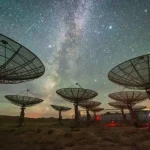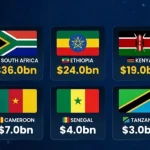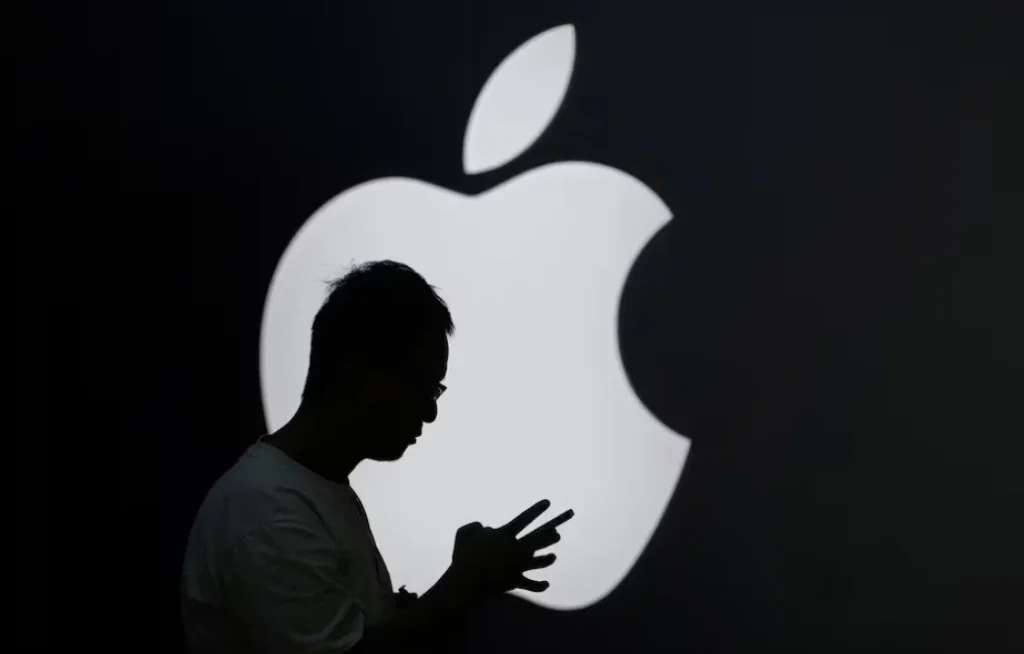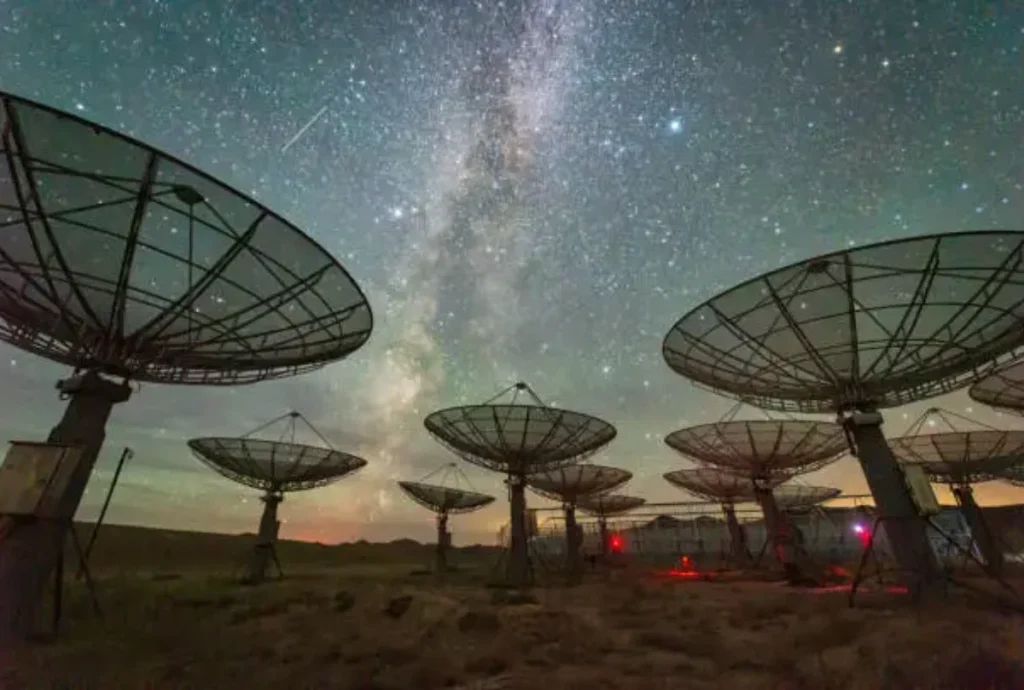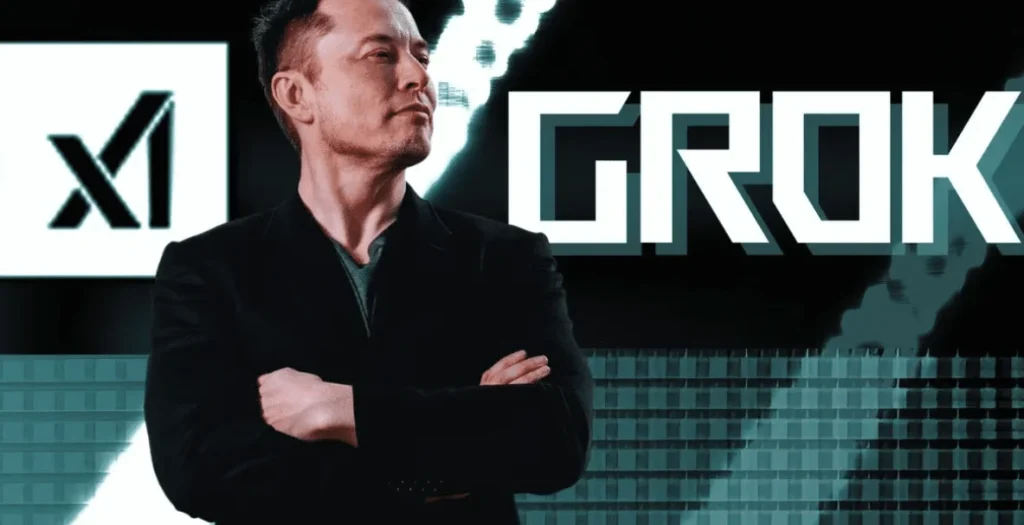Apple has been hit with a new lawsuit in the U.S. District Court for Northern California, where authors accuse the tech giant of illegally using copyrighted books to train its artificial intelligence systems.
The proposed class action lawsuit, filed by authors Grady Hendrix and Jennifer Roberson, claims Apple copied protected works without consent, credit, or payment.
Authors Demand Compensation
According to the lawsuit, Apple “has not attempted to pay these authors for their contributions to this potentially lucrative venture.” The authors argue that their works have been unfairly exploited to strengthen Apple’s AI capabilities without any form of acknowledgment or compensation.
Apple has yet to issue a public response, and lawyers for the plaintiffs have not provided further details on the case.
Part of a Growing Legal Battle in the AI Era
This lawsuit is the latest in a wave of legal challenges targeting major tech companies over the use of copyrighted material in AI training datasets.
Similar lawsuits have been filed against companies like OpenAI, Meta, and Anthropic, with creators and publishers seeking protections and compensation for their intellectual property.
Anthropic Settles $1.5 Billion AI Lawsuit
Coinciding with the Apple case, AI startup Anthropic disclosed in a California court filing that it agreed to pay $1.5 billion to settle a class action lawsuit. A group of authors had accused the company of using their books to train its AI chatbot, Claude, without permission.
The settlement highlights the growing financial and legal risks for tech companies developing AI models trained on copyrighted content.
What This Means for AI and Copyright
The Apple lawsuit underscores the legal and ethical challenges at the intersection of AI innovation and intellectual property rights. As more lawsuits emerge, courts will be forced to address whether using copyrighted works for AI training constitutes fair use or infringement.
The outcome of this case could set an important precedent for the future of AI development and the rights of authors and creators in the digital age.



